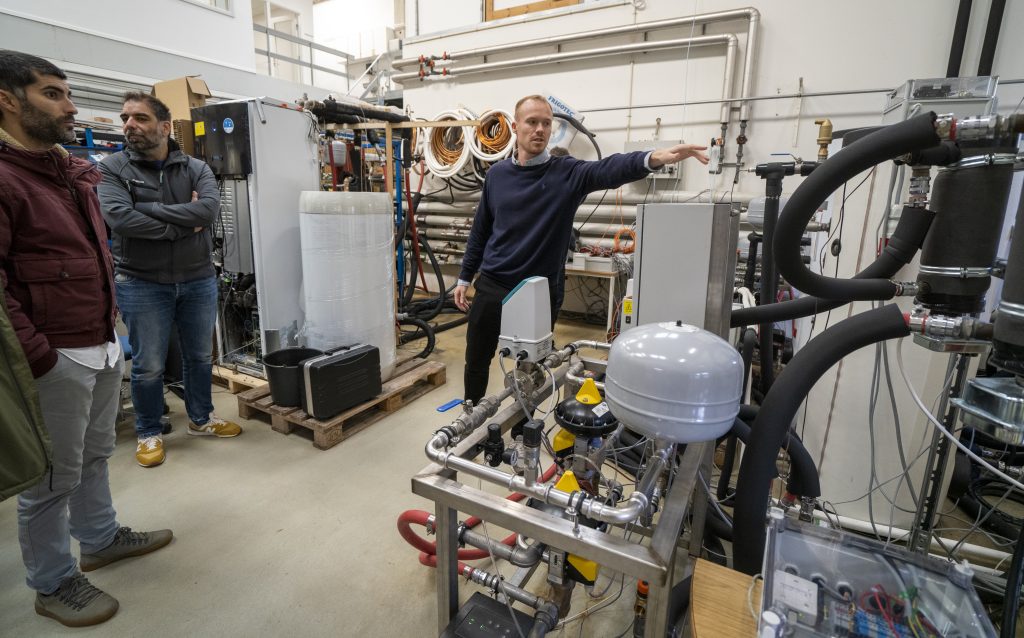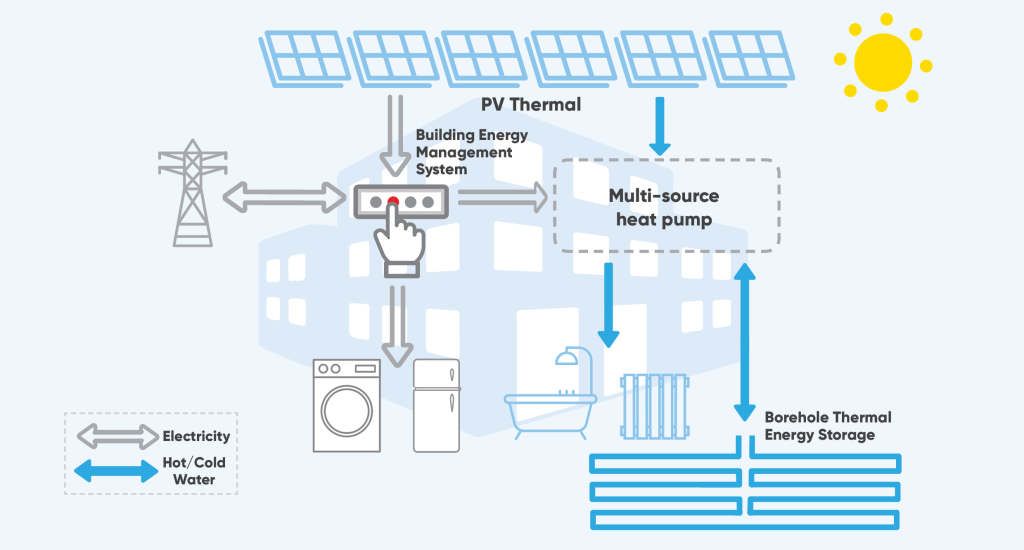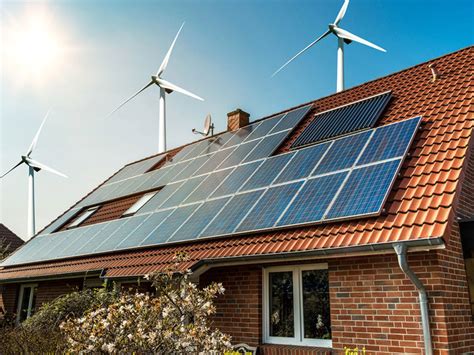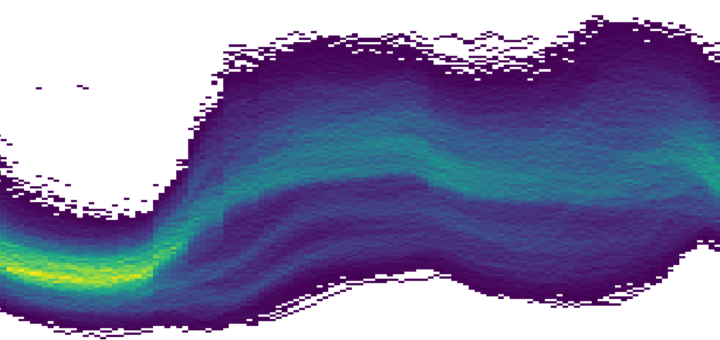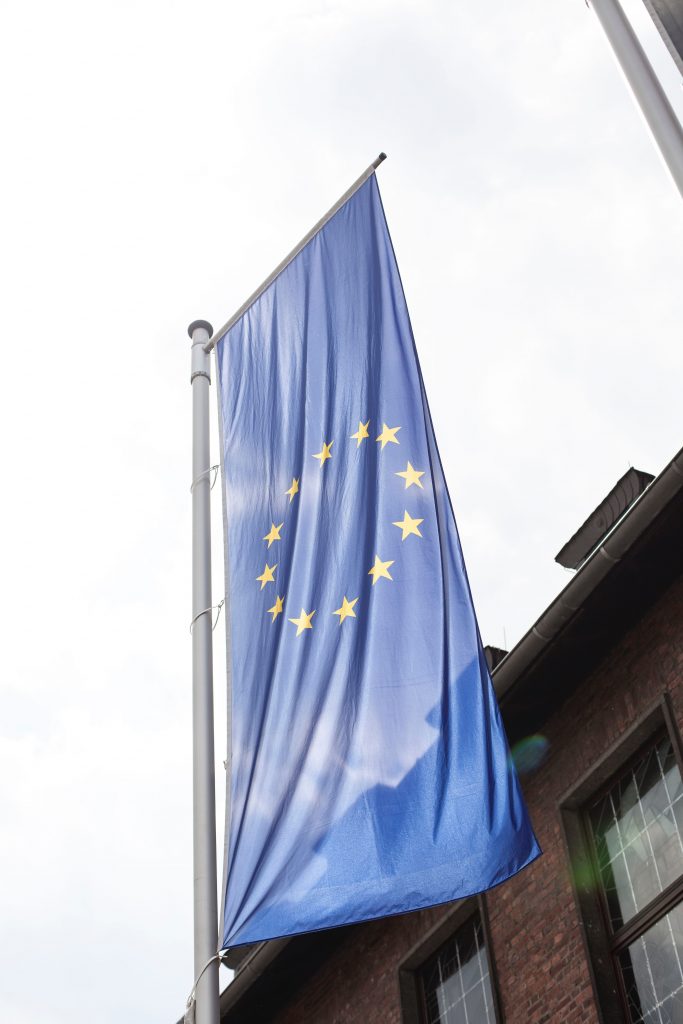Several years after the signing of the Paris Agreement, oil and gas production continues at a fast pace despite a near global recognition of the ongoing energy transition away from fossil fuels (IEA, 2021a, 2021b). The increasing demand for oil and gas caused by the post-pandemic lockdown economic recovery threatens the momentum gained by the energy transition.
Energy
A fair and equitable low carbon future depends on a just transition which, in turn, requires leadership. Where the Arctic is concerned, this leadership is currently lacking. To gauge which states are most likely to provide leadership in the global energy transition, a quantitative rank-percentile assessment of 21 Arctic Council members and Observer states was conducted, using measures relevant to the just transition.
Digital platforms and the online services that they provide have become an indispensable and ubiquitous part of modern lifestyles, mediating our jobs, hobbies, patterns of consumption and forms of communication. However, no one is steering this development, or closely looking at the impacts that it may have on remote communities in the Arctic and Nordic region, a hotspot for datacenter development.
Both policymakers and the technology industry need to do more to combat the ever-growing demand for data and its associated energy impacts. In this study, based on novel corporate data, expert interviews, focus groups with members of the public, extensive site visits across Greenland, Iceland and Norway and a literature review, we look at the energy and climate impacts of existing and proposed datacenters, both quantitatively and in terms of stakeholder and public perceptions.
While decarbonisation is the main objective of the RES4BUILD integrated energy solutions, decoupling from fossil fuels contributes to security of supply, and using on-site generated electricity contributes to affordability, moving away from heavily fluctuating market prices. A report has indicated the technical potential of these integrated energy systems in the European market,
Maintaining indoor comfort in buildings accounts for more than 30% of total energy use worldwide – smart control of building energy use can contribute greatly towards energy sustainability goals. This is an important part of the RES4BUILD project which is looking at renewables for clean energy buildings in a future power system.
ROLES is identifying how European city-regions can accelerate decarbonisation through digitalisation of energy infrastructure. The UK case study focuses on solar neighbourhoods, researching how digitalisation, decentralisation and the rise of prosumers (producer-consumers) can assist the rollout of solar energy.
A recent paper in the journal Energy Research & Social Science by MAGIC researchers Ansel Renner and Mario Giampietro (Universitat Autonoma de Barcelona) presents a novel approach to the responsible use of […]
‘Green Lights Program,’ established in 1996, was to promote energy efficiency in lighting due to expected increased demand for the electricity system in China and resulted in environmental and economic benefits. The program’s success can be attributed to five key factors discussed in this paper.
The European Union aims for 2030 to reduce greenhouse gas emissions by 40% compared to 1990 levels. Furthermore, the long-term vision is to become climate-neutral by 2050; this means transforming the current energy system. Compiled from MUSTEC’s research activities, key drivers and policy decisions are identified and explained for effective CSP deployment in Europe in the coming years up to 2050.

